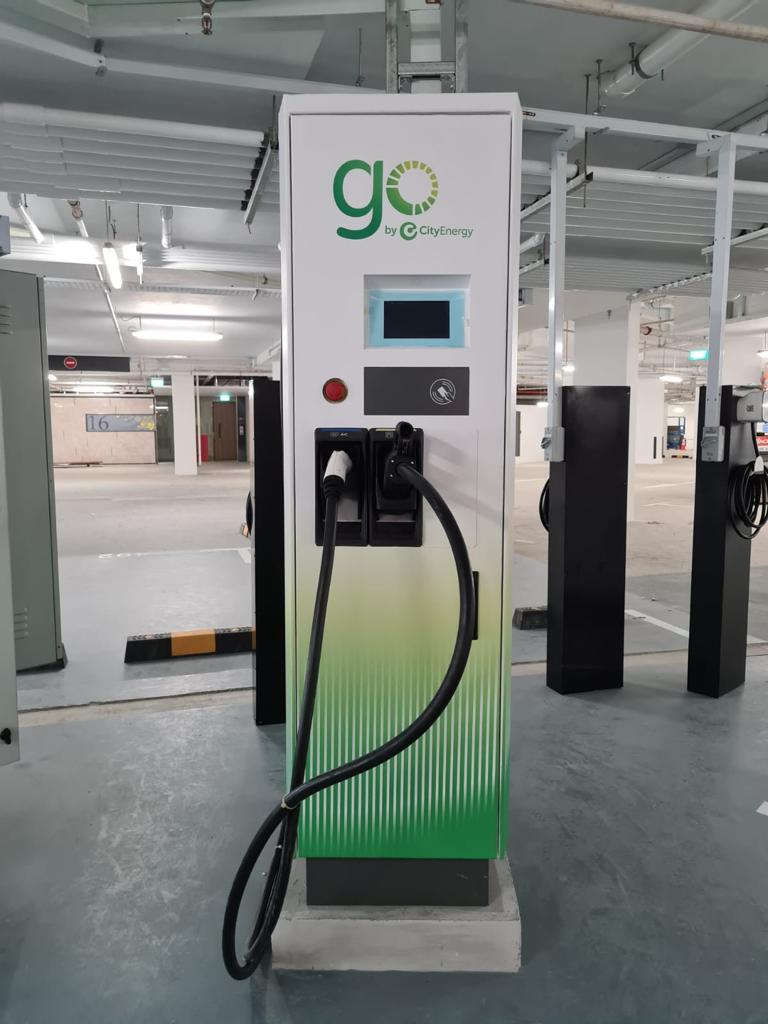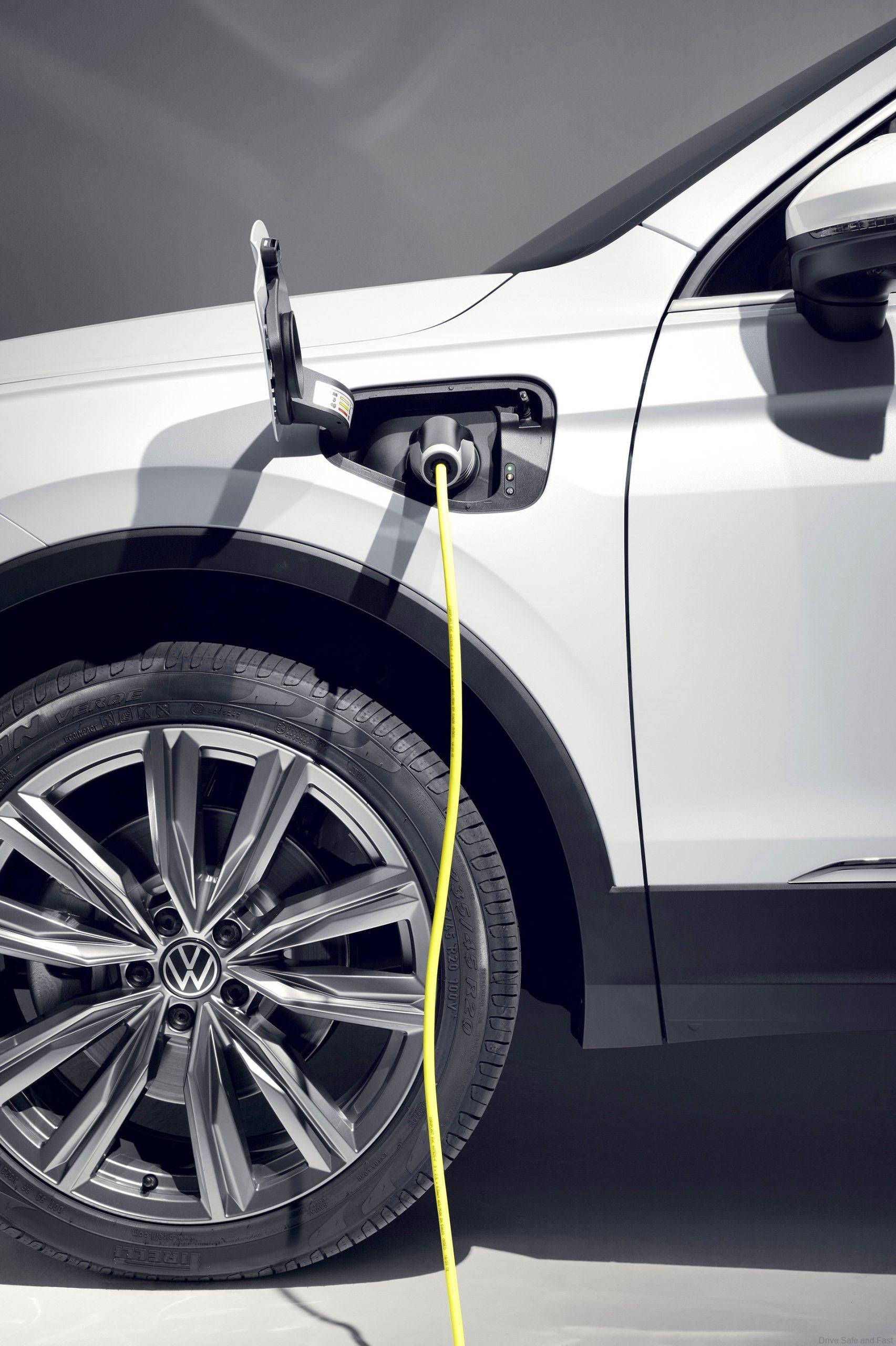See how extreme heat can force you to use your EV less or even not at all

Oilprice.com reported that as the state of California in the United States of America is undergoing an extreme heatwave, Californians have been urged to not charge their electric vehicles (EVs) during peak hours (between 4 to 9p.m.) to to reduce the strain on the state’s electrical grid as there will be less solar energy during these hours. The original article is linked here.
This was announced by the American Public Power Association and representing public utilities, as a result of temperatures in California and the West rising to above 110oF or more than 43oC. This means that Californians will be asked to voluntarily conserve energy over the next week via Flex alerts .

This is even more alarming as California and other states warned the public of electricity shortages earlier this year. They cited an imbalance of supply and demand being the main reason that the electrical grids would not be able to cope and mean that anywhere between 1 and 4 million people are facing power shortages.
On top of that, this news is just a huge slap in the face of EV owners as the call to not charge EVs comes after California banned the sales of new Internal Combustion Engine (ICE) vehicles starting from 2035, so how will this issue be fixed by then when nobody will have an ICE vehicle to use in times like these?
So how will Californians overcome this issue? All I know is we Malaysians are lucky that EV laws are still a bit behind here when it comes to situations like this, especially since Malaysia’s weather is not exactly on the cooler side either.

Some of the readers were also worried and engaged with each other to find out more about this issue. Below is one example.
One reader in Australia asked, “I’m living in a part of NSW where temperatures are consistently over 43°C most of summer and can reach up to 49°C. And have to park the car in the sun all day. I really don’t like the idea of being stranded in the sun in the middle of nowhere on a hot summer’s day, so:
- How will this perform in these conditions?
- How well will the A/C work in those conditions?
- Will there be any damage or loss of performance?
- Any danger of overheating and failure? Thanks”
Another reader answered, “You literally can’t have the car in constant state of heat. Storing an EV in a cool location, such as a garage, will ensure that the battery is kept at optimal temperatures.”
They went on to explain, “Although (as stated earlier) most Evs have a battery management system that monitors the temperature, which will prevent charging if the battery is too warm. There are some concerns amongst EV owners that it might be unsafe to drive during extreme heat because of the battery.”
They also stated, “Thankfully, this is not the case. EVs are safe to operate during any type of weather, even during extreme heat. Just plug in, charge up, and hit the road. A study shows that range may decrease by 17% when air conditioning is used while driving. As stated above, climatizing and pre-conditioning are key to tackling extreme cold, and the same goes for the heat.
“During longer trips, driving under cooler conditions, when possible, can maximize range. Limiting the weight in the car by not packing it to capacity, as well as avoiding excessive accelerating and braking, are other ways to get as much range as possible.” They added
They concluded with, “While it is true that extreme temperatures will have some negative impact on an EV’s battery and therefore its range, there are plenty of things that will minimize these impacts and maximize the capacity of the EV battery. No vehicle is immune to extreme weather conditions”



